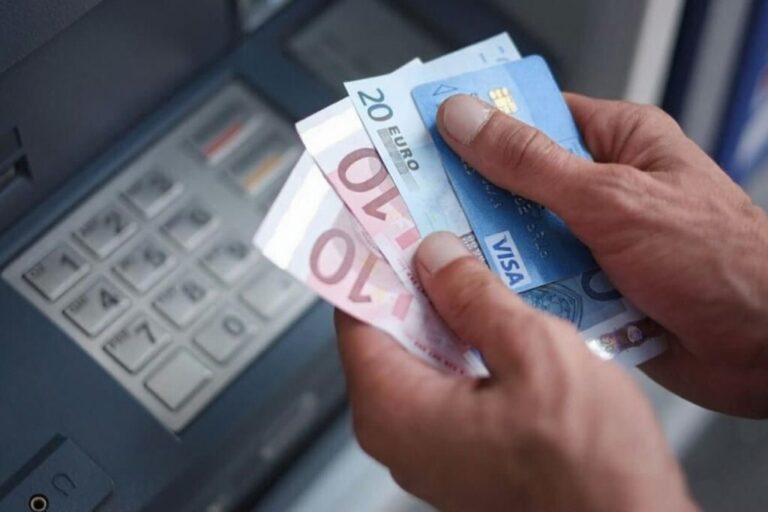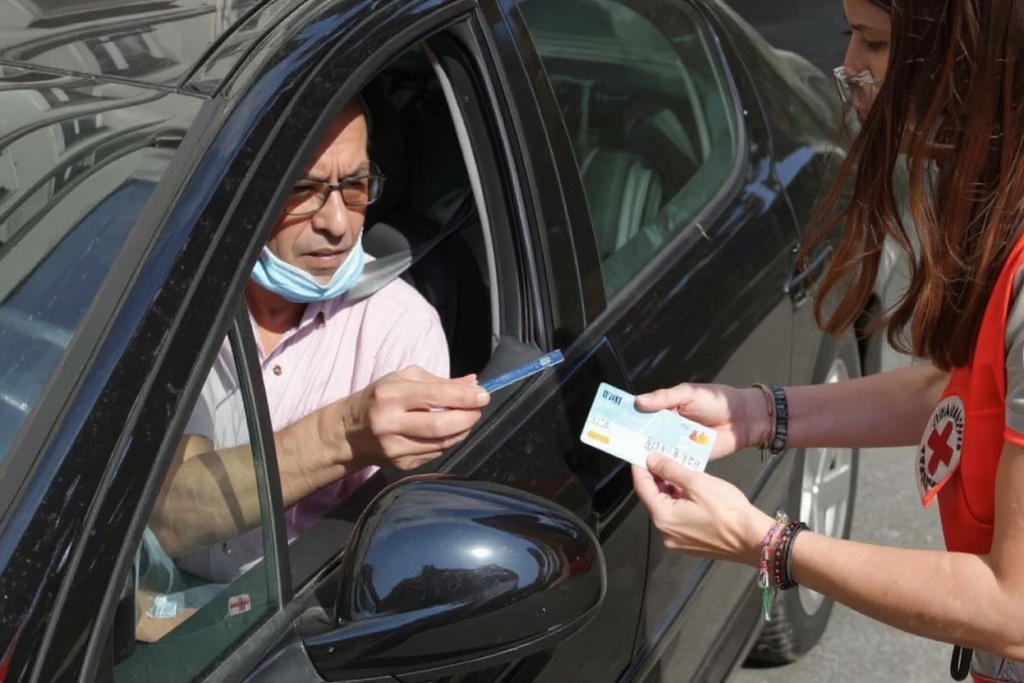
The debate of credit cards vs cash has been ongoing for some time.
We have all heard the saying, “money makes the world go round.”
There is no denying that this is true. Money is one of the most important things in life. While it can’t buy happiness, it can get you just about anything else.
With money, we can have access to all the basic human needs such as food, safety and security.
Over the years, money has undergone many changes, from shells, beads and sticks to coins and notes and now to plastic cards like debit and credit cards.
It’s easy to swipe them, yes but beyond this, are they so useful that they will one day replace cash totally?
 Credit cards vs cash? When you're in a rush, nothing beats swiping a card.
Credit cards vs cash? When you're in a rush, nothing beats swiping a card.
Credit cards vs cash: What does the future hold?
Credit cards are more convenient than cash
With cash, you are restricted to the amount in your wallet or purse; however, a credit card allows you to pay for your purchase later.
There is no need to carry banknotes in your wallet. Just a card is sufficient. When using cash, there is a limit to the amount that one can carry.
Imagine carrying US$5,000 around in cash. It’s just impractical.
Credit cards increase accessibility to money
Credit cards increase the purchasing power of people. If you have a credit card, you can purchase even if you do not have sufficient cash in your wallet.
This ability, however, can be good or bad, depending on your spending habits. Using credit cards, people can also make payments in emergencies.
For example, in an accident, the patient or their family can use the card to pay the clinic or hospital.
Credit cards are safer to use
Credit cards play a crucial role in our economy by enabling cashless payments. Since it eliminates the need to carry cash in your wallet, it protects you from the risk of getting robbed.
When travelling, lost or stolen cash cannot be replaced, but you can report a credit card lost or stolen so it cannot be used, and you can receive a replacement card.
 Cash is still king, kind of. But with credit cards are rising in the number of features and benefits, it may be time to revisit the credit cards vs cash debate.
Cash is still king, kind of. But with credit cards are rising in the number of features and benefits, it may be time to revisit the credit cards vs cash debate.
Creates a cashless society
A cashless society is one where coins and banknotes are not accepted in any financial transaction.
Using less cash would mean the number of bank robberies, burglaries, and corruption would drop. Cash is untraceable, making it easier for criminals to get their hands on it.
In a society where digital currency is the only form of money used, it is less easy to exploit and can be easily shut down if it falls into the wrong hands.
Sweden is one country that is on its way to saying goodbye to cash and becoming completely cashless.
Aside from that, going cashless is a big step in saving our environment. The move to change to a cashless society reduces the amount of energy and water used to produce cash, which also helps to reduce pollution.
Of course, we can reduce the use of cash, but some paper currency will still be in circulation at all times as not everyone is in the formal economy to qualify for a credit card.
So who wins the battle of cash vs credit cards?
Despite all these points, cash also possesses several positive aspects, which may be why it is still the preferred option for many.
Cash eliminates the possibility of overspending. With the rise of the internet, shopping has become more accessible and is just at our fingertips.
Credit cards increase the habit of overspending and encourage people to spend money they do not have. Debts can build up and leave people paying huge interests.
Aside from that, coins and notes are more suited in cases of an emergency. It is recommended to have a stash of emergency cash in situations involving the loss of electricity when banks and shops would resort to a cash-only policy.










